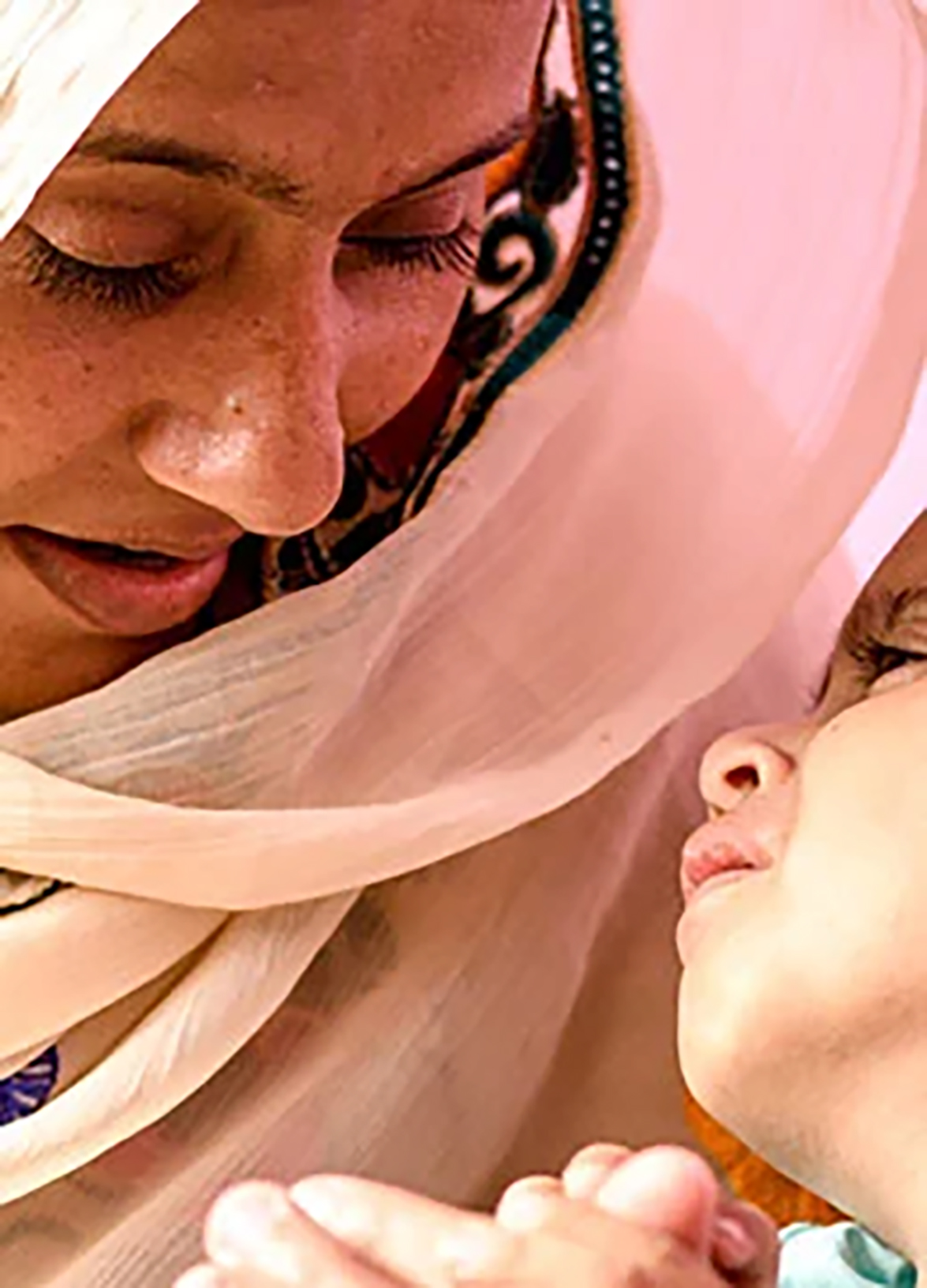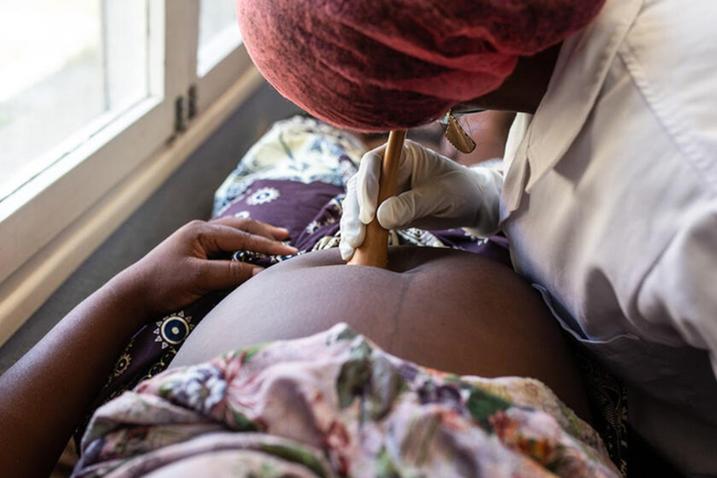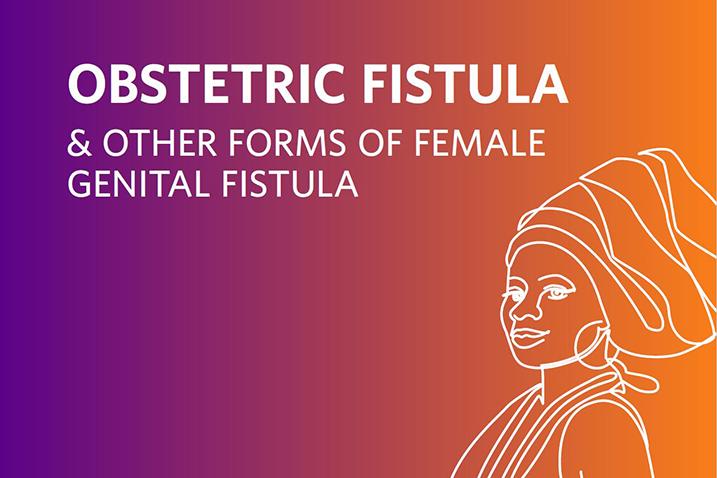Her Health, Her Right: Shaping a Future without Fistula
No woman or girl should have to endure obstetric fistula. The devastating condition, which is caused by complications during childbirth, results in pain, isolation and indignity – and yet is entirely preventable and treatable.
This year's theme, “Her health, her right: Shaping a future without fistula,” underscores a powerful truth: that every woman and girl has the fundamental right to health—particularly sexual and reproductive health—and that the continued existence of obstetric fistula is a clear violation of that right.
Ending fistula would improve maternal health and well-being overall and is essential to achieving universal health coverage.
To build a future free of fistula, we must empower women and girls to make informed decisions about their sexual and reproductive health. High-quality, comprehensive care should be a right enjoyed by all—regardless of geography, income, or status.
Effective and inclusive solutions must be grounded in the lived experiences of women, particularly those who have survived fistula. Their voices are essential in shaping policies and services that are rights-based and culturally sensitive. When community health workers, survivors, and informed leaders come together, they can challenge stigma, break down discriminatory norms, and spark real, lasting change.
UNFPA leads the global Campaign to End Fistula, a drive to transform the lives of vulnerable women and girls.
The 21-year-old campaign represents a global commitment to fistula prevention and holistic treatment, including surgical repair and social reintegration and rehabilitation. Despite progress, elimination by 2030 demands accelerated action, starting now.
Obstetric Fistula Remains a Silent Crisis
Obstetric fistula is one of the most serious and tragic childbirth injuries. A hole between the birth canal and bladder and/or rectum, it is caused by prolonged, obstructed labour without access to timely, high-quality medical treatment. It leaves women and girls leaking urine, faces or both, and often leads to chronic medical problems, depression, social isolation and deepening poverty.
Half a million women and girls in sub-Saharan Africa, Asia, the Arab States region and Latin America and the Caribbean are estimated to be living with fistula, with new cases developing every year. Yet fistula is almost entirely preventable.
Its persistence is a reminder of gross inequities, a sign of global inequality and an indication that health and social systems are failing to protect the health and human rights of the poorest and most vulnerable women and girls.
As the leader of the global , the United Nations Population Fund (UNFPA) provides strategic vision, technical guidance and support, medical supplies, training and capacity building, as well as funds for fistula prevention, treatment and social reintegration and advocacy programmes. UNFPA also strengthens sexual and reproductive health care including timely and quality emergency obstetric services to prevent obstetric fistula from occurring in the first place.
Did you know?
- Nearly half a million women and girls worldwide are living with obstetric fistula. Thousands of new cases occur annually.
- For every maternal death, 20 - 30 additional women experience childbirth injuries that significantly affect their quality of life and well-being.
- In 90% of obstetric fistula cases, the baby dies. Babies who survive such traumatic births can face significant health challenges, such as cerebral palsy and paralysis.
- UNFPA supported nearly 150,000 surgical repairs for fistula between 2003 and 2024.
- Midwives provide the majority of first-line maternity care and are key to preventing fistula and other childbirth injuries. In 2021, the global shortage of midwives is estimated at 900,000, of which 500,000 are needed in sub-Saharan Africa alone.
Related links
- Campaign to end Fistula
- UN Population Fund (UNFPA)
- Nairobi Summit Commitments on ICPD25
- World Health Organization - 10 facts about obstetric fistula
- WHO: End fistula. Restore Women's Dignity
Related documents
- UN Secretary General’s Report
- Resolution on supporting efforts to end obstetric fistula (2012)
- Resolutions on intensification of efforts to end obstetric fistula (2014 and 2018)




